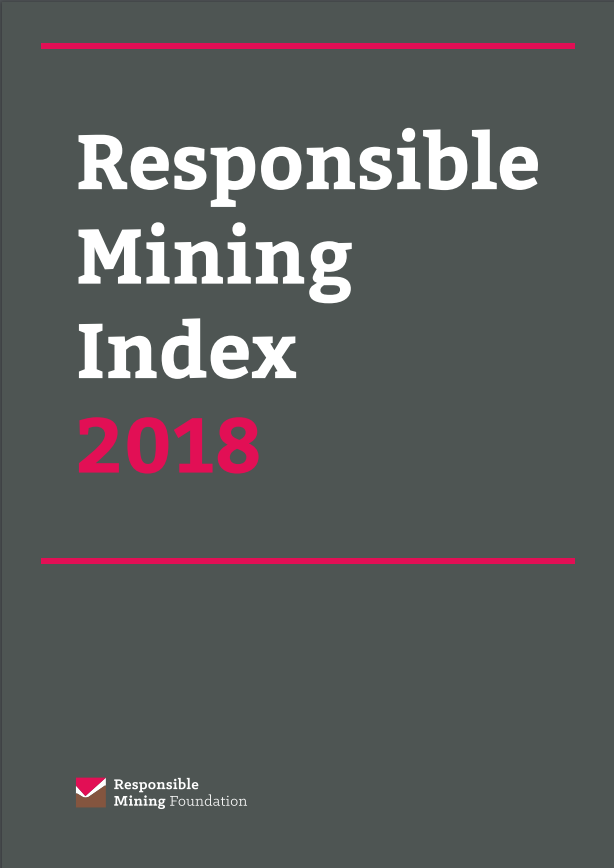ITUC Global Rights Index 2016: The World’s Worst Countries for Workers
PublicationsThe 2016 ITUC Global Rights Index shows workers’ rights were weakened in almost all regions of the world, including through severe crackdowns on the right to free speech and assembly. Part I of this publication provides a more detailed analysi...Read More

